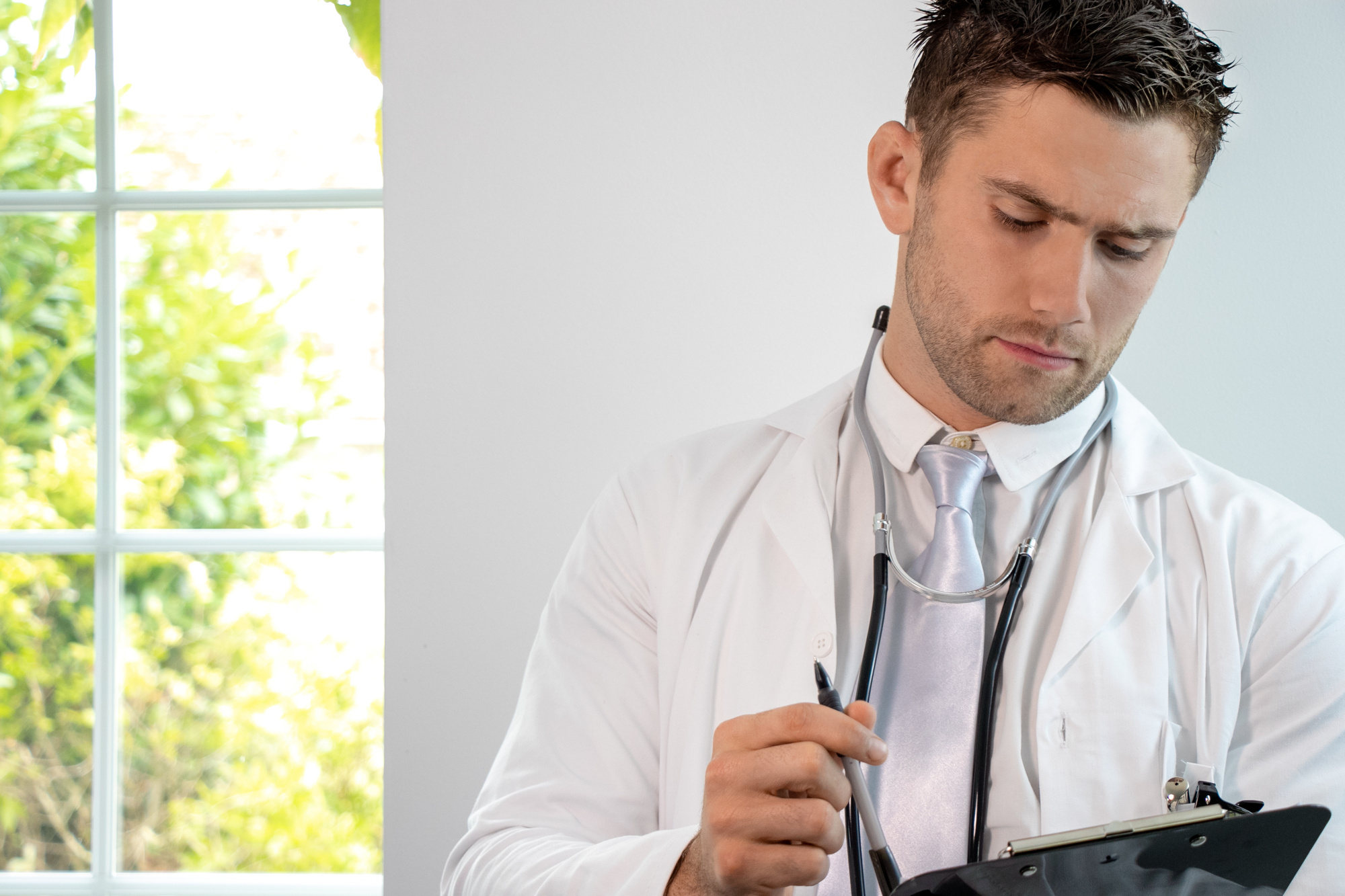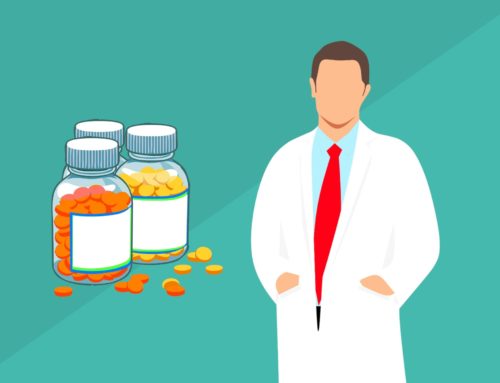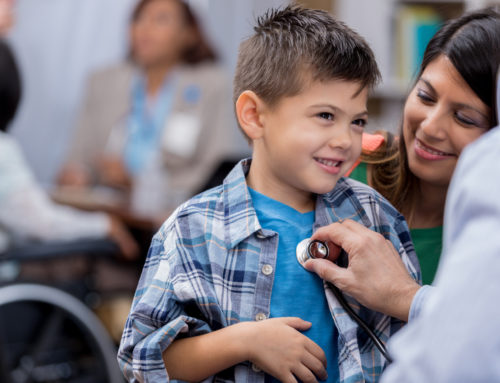What Roles Do Junior Doctors Play in a Medical Practice?
What Roles Do Junior Doctors Play in a Medical Practice?
If you’re about to train as a junior doctor, you should know what that entails. What roles do junior doctors play? Here’s everything you need to know.
Are you a junior doctor about to complete your foundation year programme?
If so, you may be preparing to leave hospital life behind and move into clinical practice and become a GP. Whether you’re already a GP-in-training or a fully fledged GP, you know that junior doctors play an essential role in our health system. Moreover, GP training helps make Ireland’s consultants some of the best in the world.
As you prepare to leave your work-based training programme behind and enter a more stable environment in general practice, you might wonder what lies ahead.
We’ll show you what your assignment as a specialty registrar in general practice will look like and what lies in store before you become a registered GP.
Junior Doctor Training – Making it to the GP Clinic
Four years of medical school prepared you to rattle off indications, contraindications, and symptoms, but the next five years of training make you into a consultant.
Postgraduate training begins as soon as you graduate. The first year is a whirlwind as you receive a new post in a new hospital every few months via HSE Intern Match.
From Dublin to Waterford to Donegal, you’ll move around pre-arranged posts, often in places you may have never been before.
Survive your intern year, and you’ll move into a streamlined training process for General Practice.
Choosing the General Practice specialty means you only have four years of training ahead of you. To get in, you’ll need to apply when the application process begins in October.
Once you’re ready, you’ll work with the Irish College of General Practitioners to complete your GP training.
GP Training: The Path Ahead
The Medical Council recognizes only one general practice training programme: the Irish College of General Practitioners (ICGP) programme.
ICGP operate their programs in 14 places around the country. The complete list of training schemes include:
- Ballinasloe
- Cork
- Donegal
- Mid-Leinster
- Mid-West
- North Dublin City
- North Eastern Regional
- RCSI/Dublin North East
- Sligo
- South East
- South West
- TCD/HSE
- Western
You can find a prospectus for each training scheme on the ICGP website.
Its goal is to produce doctors who care for individuals, families, and communities around Ireland. In addition to medical skills, you’ll also learn about primary care management including auditing.
You’ll spend your first two years in a hospital setting before transferring into a consultant’s practice.
The Role of Junior Doctors in GP Clinics
When you leave medical school, you become a junior doctor for the next eight years of your training. Over that time, you’ll gain a huge amount of experience that prepares you to both become a senior GP and even start your own practice.
The third and fourth years of your GP training program put you in the thick of consultancy life. Here, you’ll leave behind the manic pace of Irish hospitals and enter a supervised position at a general practice.
The average day at a GP practice begins before 9:00 when everyone prepares to start seeing patients. Junior doctors see patients, but their patient flow often depends on the structure of the practice, how many GPs are on staff, and who is available that day.
After seeing patients, the junior doctor meets with the GP to discuss the patients they saw prior and talk about any issues or questions.
The Current Reality for GPs and Junior Doctors in the HSE
Although the formal role of junior doctors is as a trainee, the truth is that junior doctors often help pick up the slack in Ireland’s GP surgeries. As the GP and graduate shortage continues, juniors are likely to experience the same ever-increasing workload in surgeries as they do in hospitals.
The only difference: surgeries “officially” close for the evening, but duties remain.
As a junior doctor, you might see your office’s GP continue working after office hours, even going out on house calls when working within rural medicine.
Ideally, you will be asked to perform duties commensurate with your experience and pay grade. However, the reality is that data from around the country have seen trainees being asked to perform tasks unsupervised or find themselves in the midst of a disorganized practice.
As shortages continue and infrastructural challenges persist, you may experience a significant degree of stress.
If you find yourself struggling with physical health, work with a good GP rather than relying on your own care. Alternatively, call the HSE’s National HR Employee Helpdesk, which the government designed to help employees.
To contact them, call 1850 444 925.
Preparing for the MICGP Exam
During their training in clinics, junior doctors balance their office work duties with continuing education and preparation to become consultants.
Throughout your work, you also spend time preparing for the MICGP Examination. The exam consists of three parts:
- Modified Essay Question (MEQ)
- Clinical Competency Test (CCT)
- Core Knowledge Test (CKT)
You must pass the MIGCP and complete your training scheme to receive the Certification of Satisfactory Completion of Training and make it onto the General Practitioner Specialist Register.
You may begin taking the exam once you have reached your third year of training and you demonstrate six months worth of GP Registrar experience.
Are You Ready to Start Your Career?
Junior doctors give as much as they receive from their training programme. It’s a long, hard slog, but by the end, you’re ready to take on all the roles and responsibilities associated with being a registered consultant.
Did you find this post useful and are interested in pursuing a career in medicine in Ireland? Click here to register with Med Doc for career advice and job opportunities.








